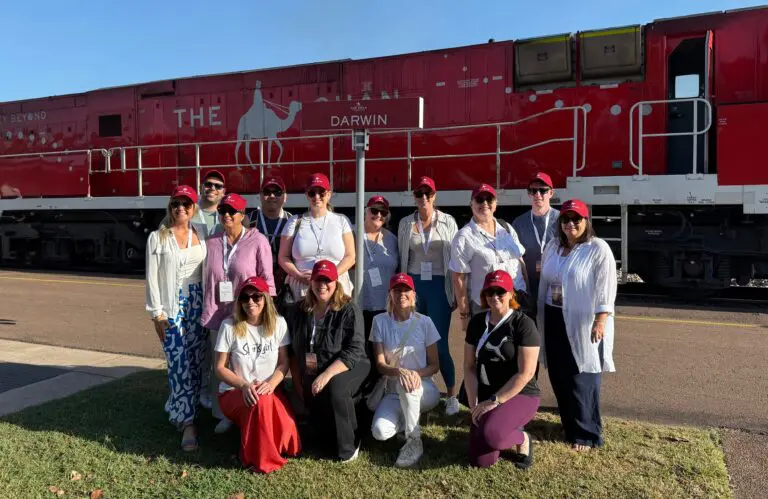Knowing your limitations is a great way to guide people towards working with your strengths. Five considerations for driving business to your strengths.
The “Rumble in the Jungle” is a great example of working to strengths and weaknesses. Foreman was the fancied younger, prodigious hitter with limited aerobic capacity. Ali could “float like a butterfly” but was ageing but had the accrued of wisdom and mental strength of the journey.
Ali denied Foreman the distance he required to wind up. He took body hits but not at full power. “Is that all you’ve got George” made Foreman angry and he swung wildly, forgetting to breathe. He played rope-a-dope. He was out thinking his opponent, seeking the fulcrum to tip things into his favour.
He won not only by fighting to his strengths, but in acknowledgement of his weaknesses.
Travel is too big for everyone to be an expert in everything. Can you possibly be an expert on Asia, Africa and Europe? Can you know everything about both flights and cruises?
How can you make the most of your limitations? By strengthening them, or working around them.
1. Be honest – are you a slow heavy hitter or do you dance like a butterfly and sting like a bee
This is tough and takes a lot of honesty and self introspection.
A lot of people hate it but you have to start by knowing yourself, your company, your people, your industry and the opportunities.
Market analysis is great, but self-analysis is just as important.
This honest self appraisal across an individual or organisation can ultimately become the platform for improvement. from which you move forward.
There is no point trying to grow if your foundations are going to crumble under the weight. It’s important to be an early mover but only if you have some ability to maintain the momentum.
Too hard to do it yourself? Give your staff the chance to tell you what the business needs to improve on.
Run some statistics. Ask a mentor or analyst to help you look in the mirror. Embrace what you find.
2. Own a category
With the infrastructure in place, you can have some sense of what you can meaningfully do. Strengths and weaknesses included.
The best way to do this is to create your own category, your own statement, your own niche.
It may not in fact be entirely new, but alternately, it might just be a new take on an existing idea. A really simple one is “the Cruise Experts” or “the Flight Specialists”.
You can’t be everything, but maybe someone else in your office knows the answer.
Own it.
3. Be the big fish
The sentiment when I was younger was that personal development came from being a small fish in a big pond, take beatings, learn from the best.
As a 16-year-old I was encouraged to train with the seniors in football and offered the chance to play off the bench.
Fortunately before I did, one of the coaches pulled my mum aside and explained that with 25 kg less body weight, I was about to have the shit beaten out of me .
There was no learning there.
In business in the digital age, a small fish in a big pond just translates to more and more water and less of a chance that you are going to find something to eat.
Move into calmer waters and take on some competition you’ve got a chance to beat. If you are tempted to play with the big boys, that’s fine, but be prepared to learn from your losses.
Alternately, swim in a school. Organisations like Magellan and ATAC might be worth considering.
4. “Supplier speak” versus “customer speak”
This is something that admittedly, I’ve gotten wrong at different points over 16 years of self-employment.
In our early coding projects we often wanted the perfect code.
The client wanted something in place that was better than what they had.
There are parts of roomsXML that we know are industry leading and clearly above our competition. Sometimes it is more important to us than it is to our customers.
Sure, you can talk loud, but sing the right song and be ready to back it up.
Better still, find out what your devoted audience wants to hear rather than trying to write a global hit single.
5. Be not better but the best
Do you have better customer service or the best customer service? Do you have a good product range or the best range in your niche? Can you be quicker or the fastest?
Having a good product will not win you much, but “being the best” is a strong statement that creates attention. If you can back it up you are on the way.






